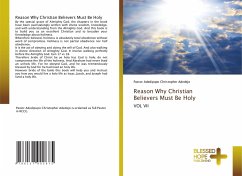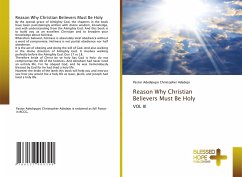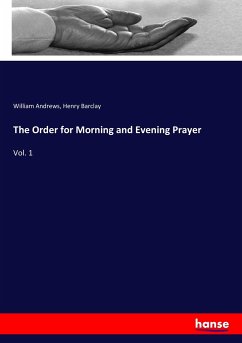This study develops a twofold approach to the topic of perseverance. Part 1 outlines the development of the doctrine and analyses it within a fourfold analytical schema. Against this background the author proceeds in Part 2 to set this within the context of the elements in the classical ordo salutis, from calling through glorification, in all of which both divine action and human responsibility are involved. By way of conclusion, the author holds that, in this way, both the already/not yet of the believer s position, but also the New Testament s orientation of perseverance to the future, rather than the past, are safeguarded. (Dr. S.B. Ferguson, Professor of Systematic Theology at Redeemer Theological Seminary, Dallas) This is a good and very systematic treatment of the topic! Although there is frequent reference to Arminian and Wesleyan thinkers, the main concentration is upon authors of Reformed views and quite a wide spread of engagement. The Order of Salvation element of the title gives the writer warrant for ranging well beyond the strict confines of whether or not one can lose one s salvation . (Dr. M.T. Pearse, Professor of History at Houghton College, New York)








